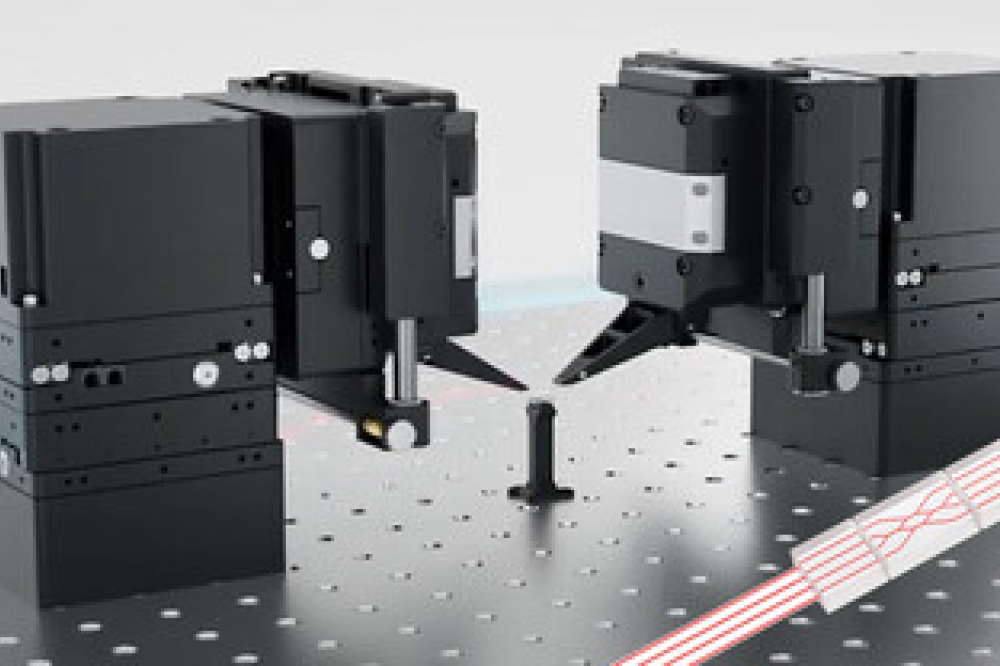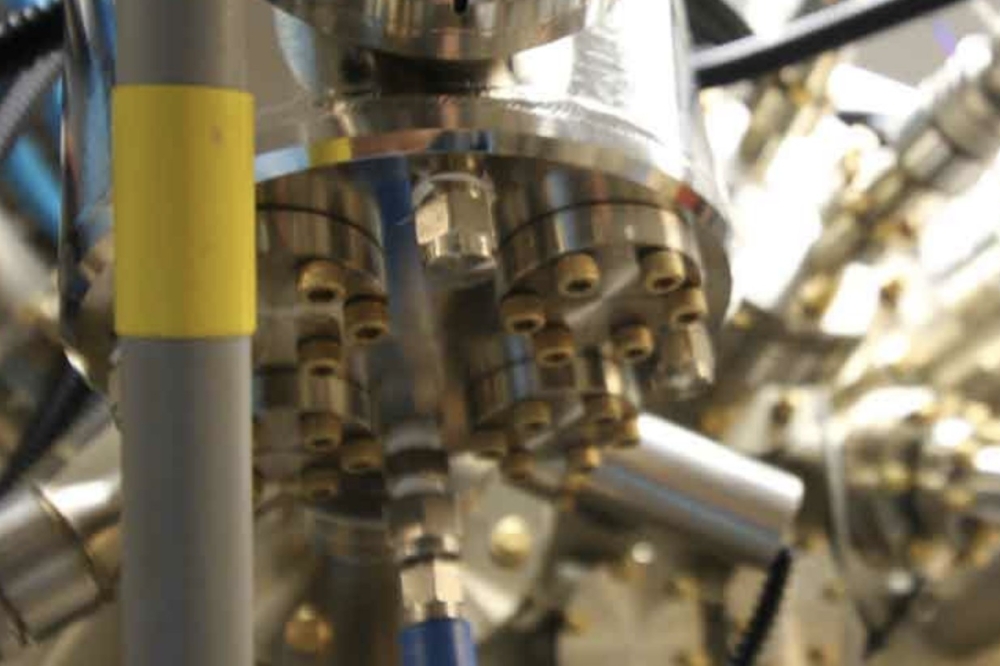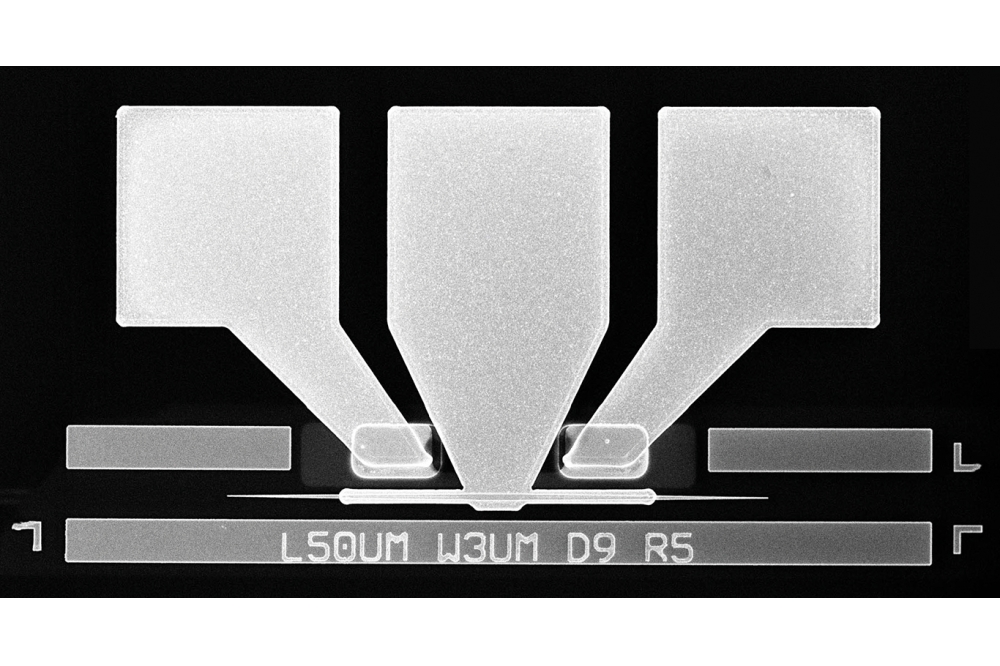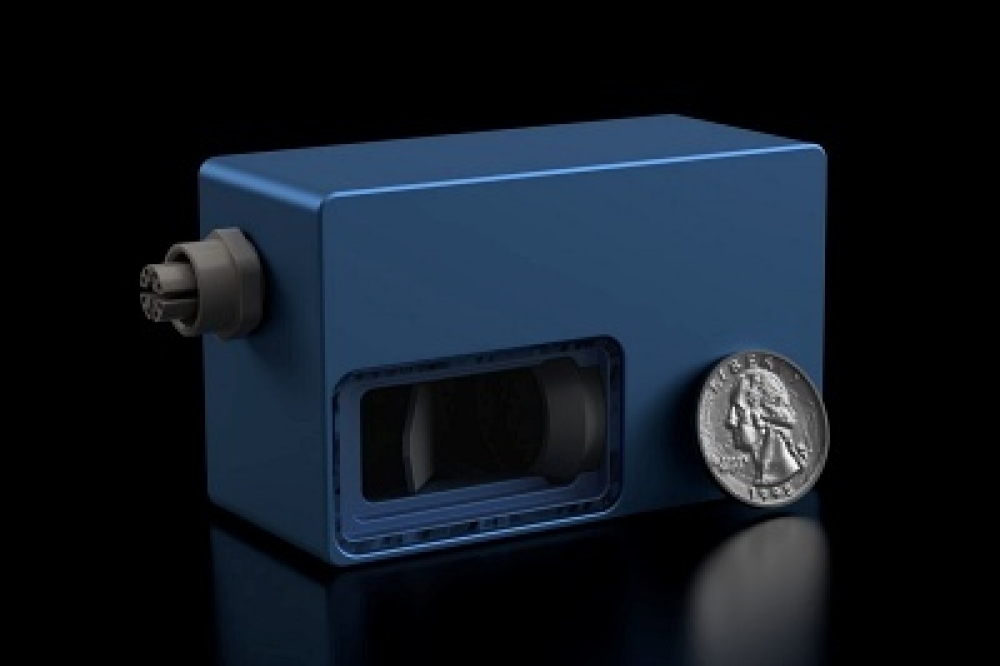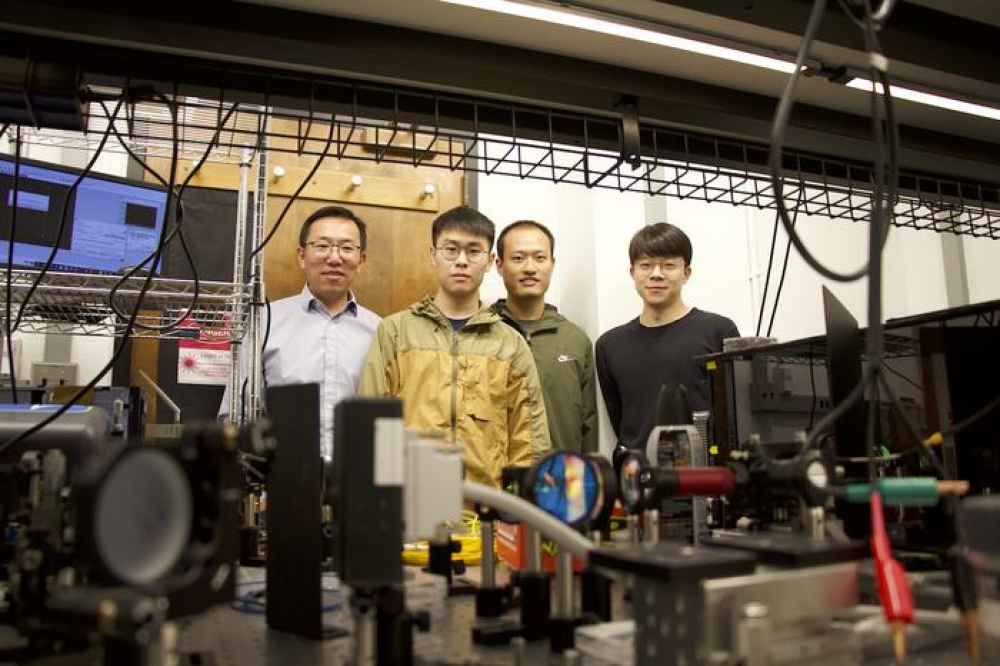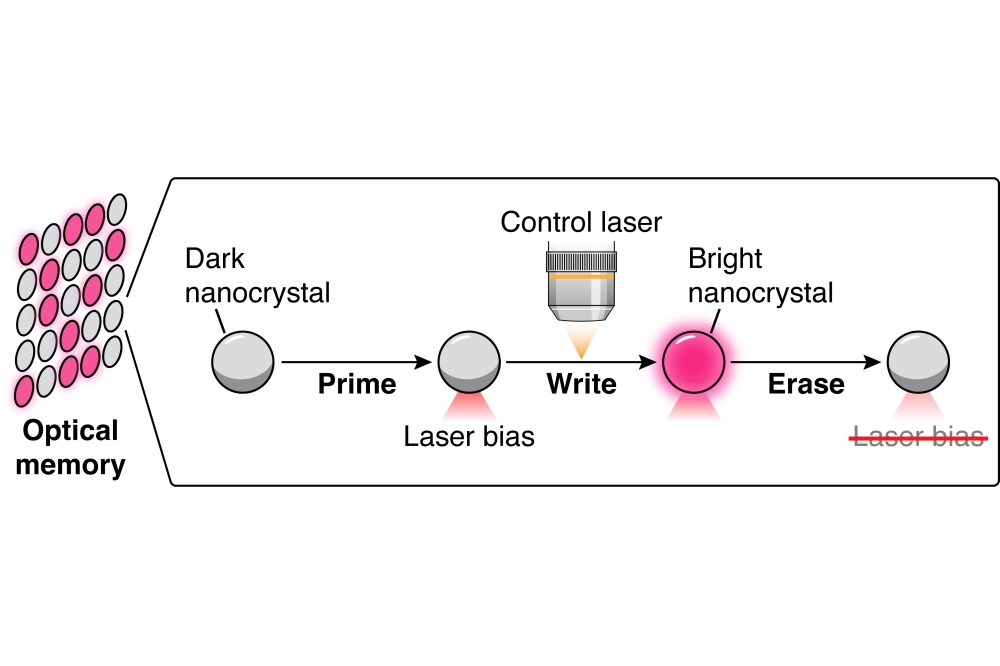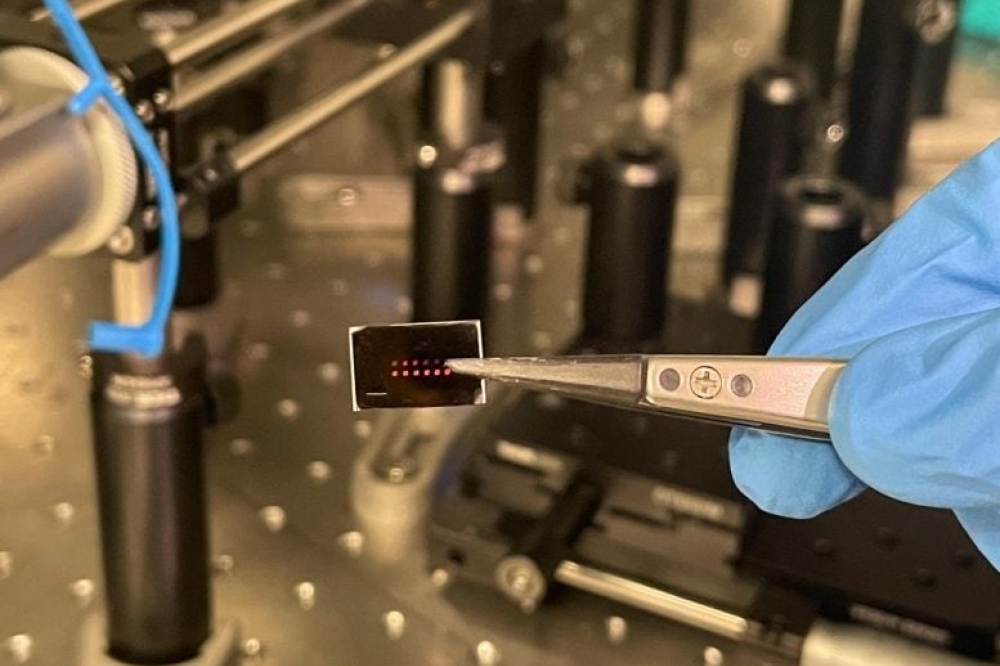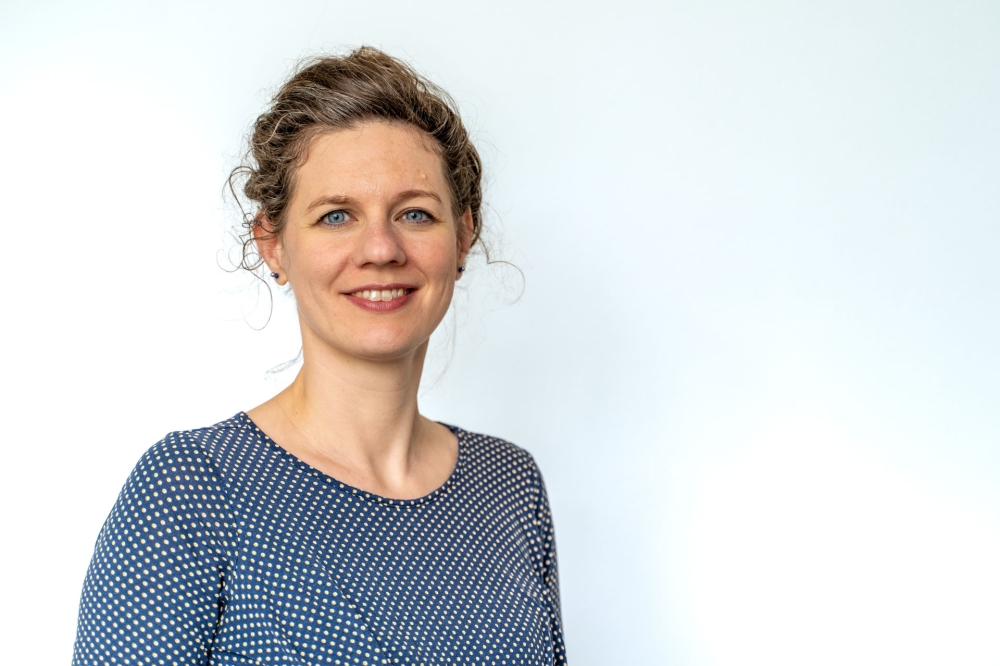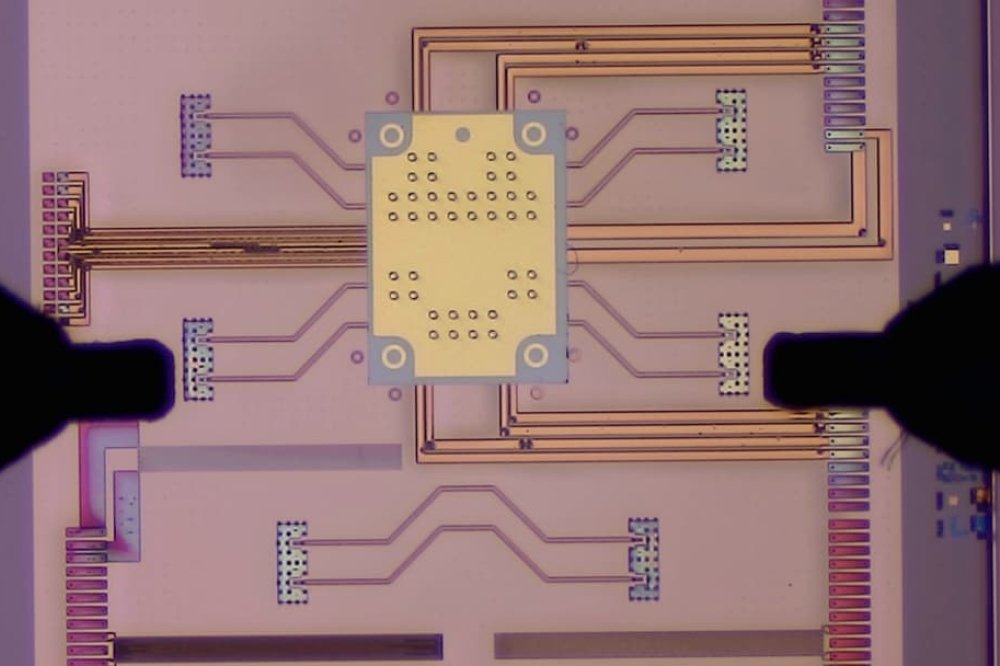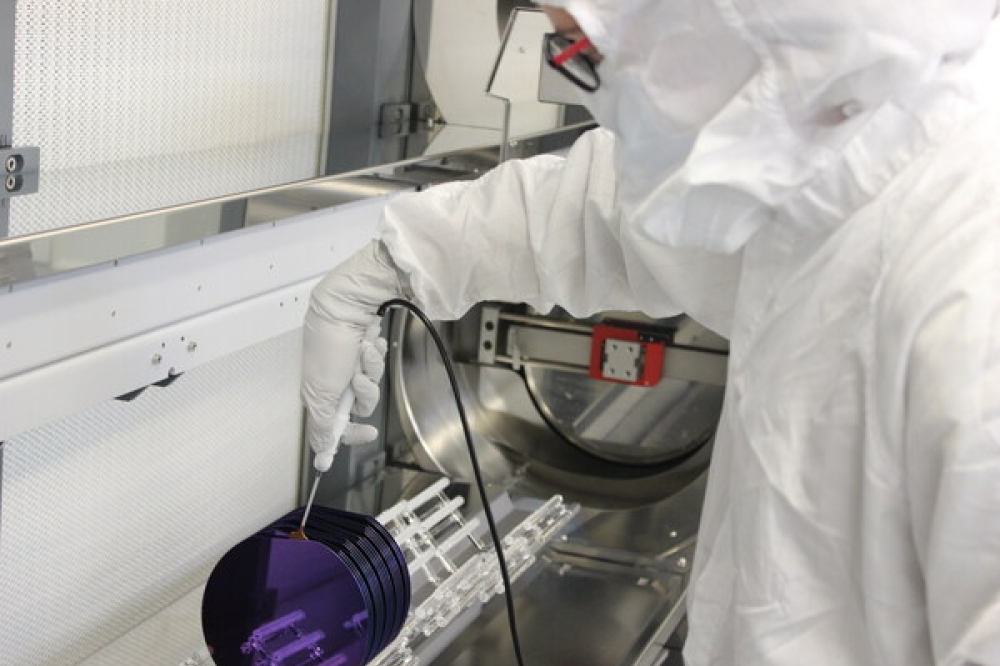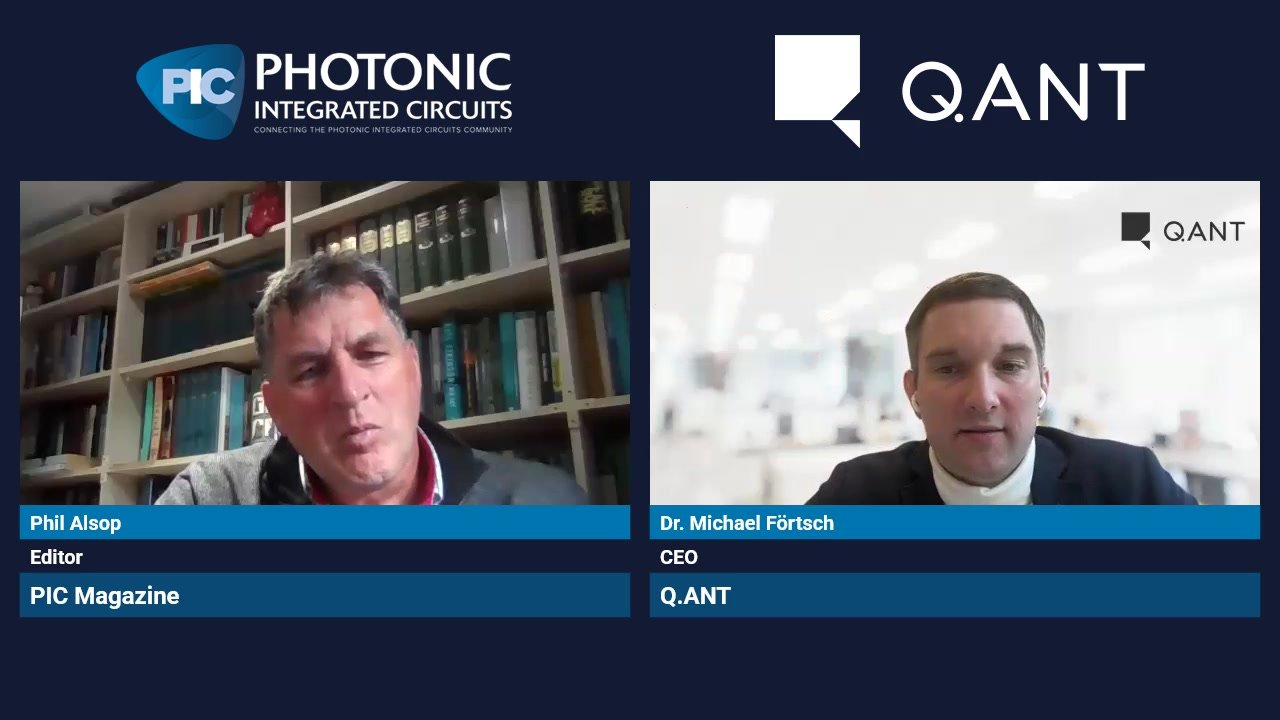South Devon College hosts photonics conference
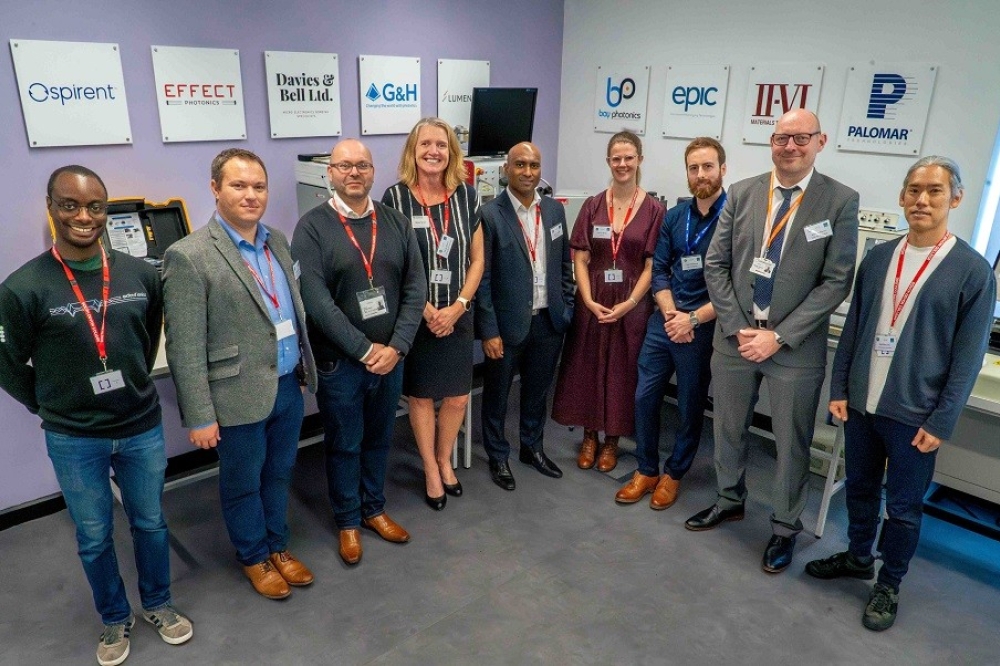
With international participation from both industry and academia, the event focused on current challenges in PIC packaging, the skills shortage in the sector, and some of the ongoing projects aiming to address this need
South Devon College recently hosted an international conference and exhibition on photonic and optoelectronic packaging in partnership with the UK branch of the International Microelectronics Assembly & Packaging Society (IMAPS-UK) and the Torbay Hi-Tech Cluster, with visiting international delegates. Held in the college’s Hi-Tech and Digital Centre, the conference focused on the design of systems and development of components within the ever-growing world of photonics.
UK photonics is a £17 billion industry, but there is a skills shortage across the electrical and electronic engineering sector. Over 80 percent of UK companies involved with chip design have unfilled vacancies. Global competition for talent is fierce and other countries, like the US, are investing heavily.
South Devon College and University Centre South Devon aim to address this skills gap through a collaborative project with photonics specialists Bay Photonics and Davies & Bell. The Photonic Integrated Circuit Packaging Academy (PICPAC) project delivers short online courses to upskill employees within the sector.
“Hosting this latest conference is a chance to shine a light on the state-of-the-art facilities available in the Hi-Tech Centre and showcase what the College has to offer on an international platform for training, education and skills development,” said Martyn Davies, skills development coordinator at South Devon College. “The conference was also an opportunity to discuss how we can collaborate and build relationships with other UK technology clusters and academic partners.”
The growth in demand for photonic and optoelectronic components is driven by expansion in areas such as datacentre traffic, wireless technologies, sensors, quantum applications and autonomous vehicles – all sectors that rely on photonics and semiconductor constituents. This expansion poses challenges in optoelectronic packaging techniques due to a need for increased transmission rates and reduced manufacturing costs.
Conference presentations focused on a wide range of themes, from photonic integration for quantum applications and heterogeneous integration to manufacturing for datacentres and addressing the skills shortage.
Phil Mitchell, technology solutions specialist at Bay Photonics and associate lecturer at South Devon University Centre, spoke about three collaborative Innovate UK projects: ASISST (Addressing Shortages in Semiconductor Skills Training), PIC Bootcamp, and PICPAC. All are aimed at upskilling the existing workforce and providing new pathways for students wanting to find an exciting career in the world of photonics.
Guests, speakers, peers and stakeholders had the opportunity to network and share best practices during the day, whilst viewing the latest academic research and development at a poster gallery. Guests also attended a dinner and networking session, together with a follow-on event at EPIC in Paignton.
The event was sponsored by QLM Technology, which has developed a new semiconductor LiDAR technology to detect methane and other greenhouse gas leaks.
Image credit: South Devon College



